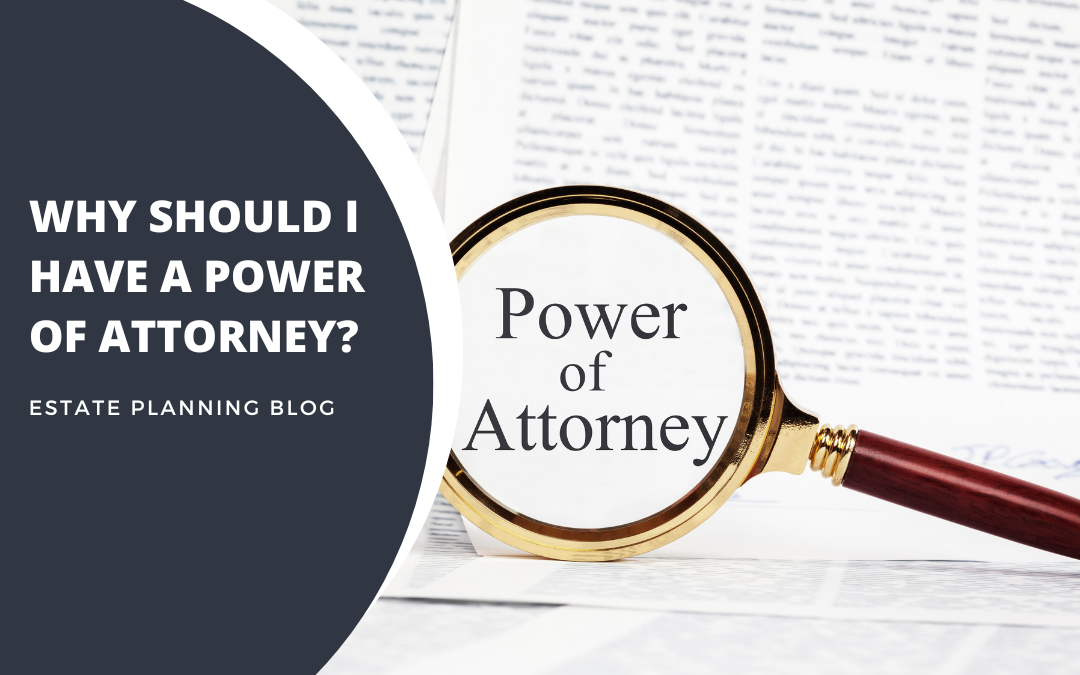A power of attorney (POA) is a legal document that gives one person (the agent or attorney-in-fact) the authority to act on behalf of another person (the principal) in legal, financial, or medical matters. POAs can be used for a variety of purposes, including:
- Managing finances
- Making real estate decisions
- Handling healthcare matters
- Representing the principal in legal proceedings
In the United States, POAs are governed by state law, so the specific powers that can be granted to an agent will vary from state to state. However, there are some general benefits to having a POA, regardless of where you live:
Convenience: A POA can make your life easier by allowing a trusted person to handle certain tasks for you, even if you are able to manage your own affairs. For example, if you are traveling or out of town, you can give your agent the power to pay your bills, deposit checks, and sign other important documents on your behalf.
Peace of mind: Knowing that someone you trust has the authority to take care of your affairs if you become incapacitated can give you peace of mind. This is especially important for older adults and people with chronic health conditions.
Avoidance of guardianship: If you become incapacitated and do not have a POA, your family or friends may need to petition the court to appoint a guardian for you. This can be a time-consuming and expensive process. Having a POA in place can help to avoid the need for guardianship altogether.
Protection from financial abuse: If you have a POA, you can choose a trusted person to manage your finances for you. This can help to protect you from financial abuse, such as exploitation by family members or caregivers.
Flexibility: POAs can be tailored to your specific needs and circumstances. You can choose to give your agent broad powers or limit their authority to specific tasks. You can also revoke a POA at any time.
Here are some tips for creating a POA:
- Choose a trusted agent. This should be someone who you know and trust to act in your best interests.
- Consider the types of powers you want to grant to your agent. Do you want them to be able to manage all of your affairs, or only certain tasks?
- Review your POA regularly and update it as needed. Your circumstances may change over time, so it is important to make sure that your POA still reflects your wishes.
If you are considering creating a POA, it is important to consult with an attorney to ensure that your document is valid and meets your specific needs.

